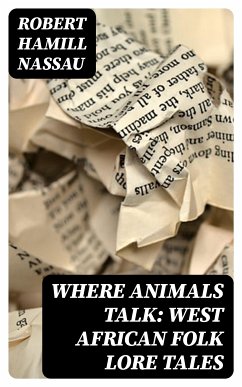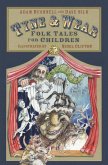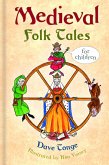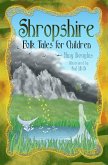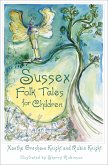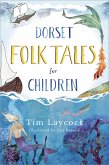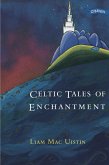In "Where Animals Talk: West African Folk Lore Tales," Robert Hamill Nassau presents a compelling collection of folklore that intricately weaves together the vibrant cultural tapestry of West Africa. The book showcases a plethora of tales that feature anthropomorphic animals, each brimming with moral lessons and cultural insights. Nassau's prose is marked by a lyrical quality that mirrors traditional oral storytelling, illuminating the significance of rhythm and repetition in folk narratives. By situating these stories within their sociocultural contexts, he invites readers to engage with the rich tapestry of beliefs and values that underpin West African life. Robert Hamill Nassau was an early 20th-century American missionary and ethnographer deeply invested in the study of African cultures. His experiences in the region provided him with a unique lens to observe and document the rich traditions of storytelling in West African societies. Nassau's extensive fieldwork and genuine appreciation for indigenous narratives shaped his desire to preserve and share these stories, ensuring they resonate with broader audiences while honoring their origins. This captivating collection is a testament to the power of storytelling as a means of cultural preservation and education. I highly recommend "Where Animals Talk" to anyone interested in folklore, anthropology, or African culture. Through Nassau's engaging tales, readers will not only be entertained but will also gain invaluable insights into the moral and ethical frameworks that have guided West African communities for generations.
Dieser Download kann aus rechtlichen Gründen nur mit Rechnungsadresse in A, B, BG, CY, CZ, D, DK, EW, E, FIN, F, GR, H, IRL, I, LT, L, LR, M, NL, PL, P, R, S, SLO, SK ausgeliefert werden.

